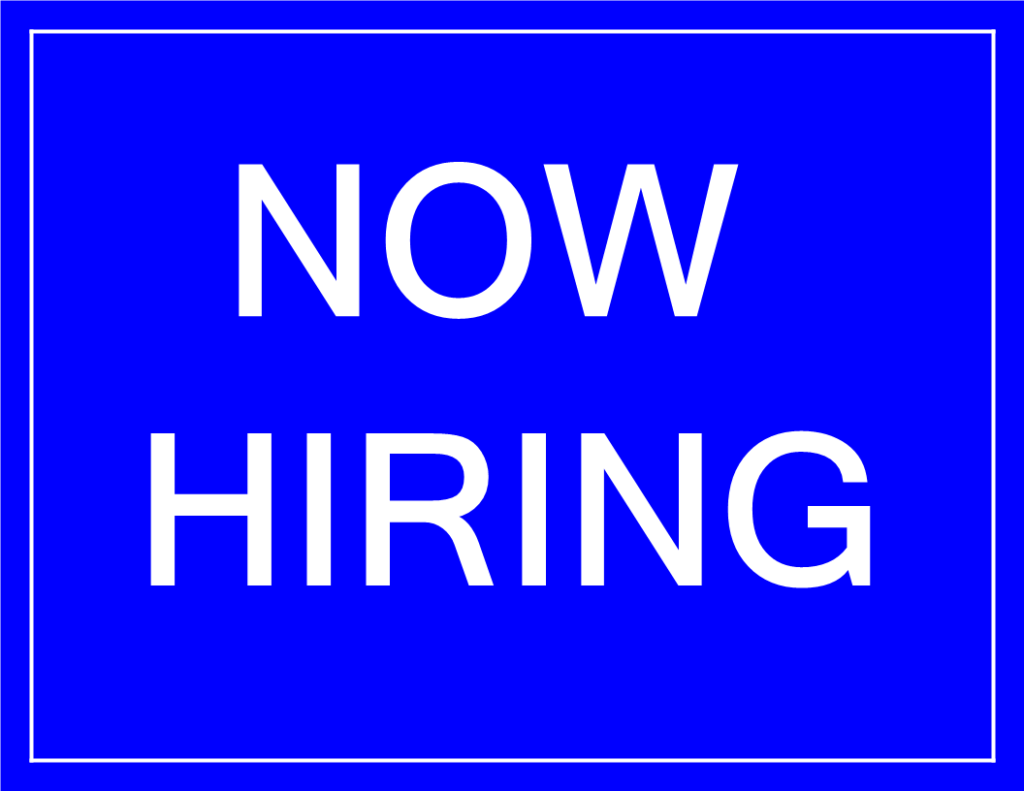Following the U.S. stock market setting an all-time record for the longest ever bull run – 3,459 days – that ended last week, the August jobs report has been released. Last month, building on skyrocketing growth for the entirety of 2018, 201,000 jobs were created, keeping the unemployment rate at an 18-year low – 3.9 percent – and generating the fastest increase in worker pay since the end of the Great Recession.
The hiring increase in August reflects the widespread strength in the U.S. economy that has showed little signs of slowing down.
The biggest news, however, was a sharp hike in pay increases. In a report from Market Watch, the average wage paid to American workers rose by 10 cents to $27.16 an hour, with the yearly rate of pay climbing to 2.9 percent from 2.7 percent – the highest level since June 2009.
Industries that gained jobs:
Mining and logging: 6,000
Financial services: 11,000
Leisure and hospitality: 17,000
Transportation and warehousing: 20,200
Wholesale trade: 22,400
Construction: 23,000
Professional and business services: 53,000
Education and health services: 53,000
Industries that lost jobs:
Manufacturing: – 3,000
Government: – 3,000
Retail trade: – 5,900
Information: – 6,000
The manufacturing industry had its first decline in 13 months, possibly caused by U.S. tariffs and a scarce job pool from skilled laborers.
Although the Labor Department revised the June and July job numbers down a combined 50,000, the economy has produced an average of 207,000 new jobs per month so far this year. Most companies are continuing the hiring spree that has been seen for a majority of the year, with layoffs falling to a 50-year low.
In fact, jobless claims were at just 203,000, the lowest since December 6, 1969, the day The Rolling Stones ended their U.S. concert tour in Altamont, California.
As higher pay is enjoyed by many Americans, the Federal Reserve is expected to increase interest rates by the end of September. Increases in wages could also put more pressure on rising inflation, which may end up cancelling out most of the increases when the U.S. central bank acts.

